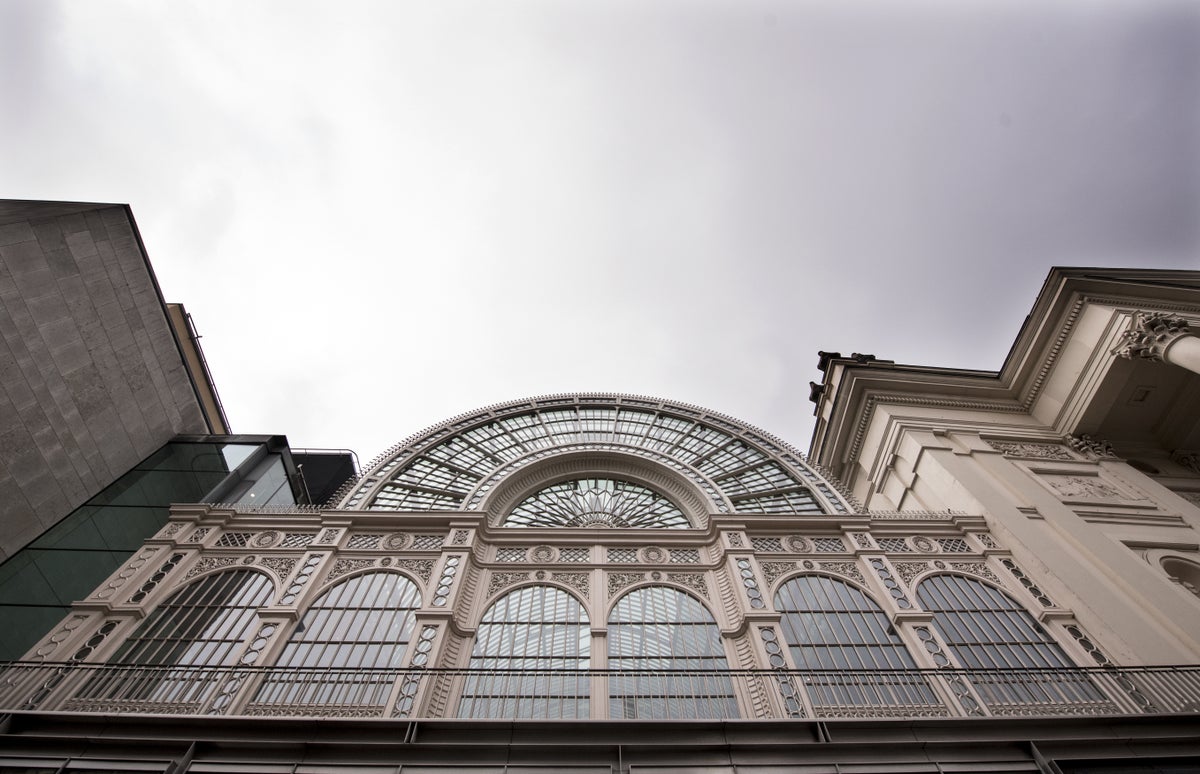
The Royal Opera House has confirmed it has ended its sponsorship relationship with BP after more than three decades.
The major move comes after The Royal Shakespeare Company and the National Portrait Gallery have cut ties with BP in recent years. The BFI, National Theatre, National Gallery and Tate Galleries have also all previously rejected oil company sponsorship.
A spokesman for the venue in London’s Covent Garden said: “We are grateful to BP for their sponsorship over 33 years which has enabled thousands around the country to see free opera and ballet through our BP Big Screens.
“Over the past three years, BP’s support has focused on sustainability initiatives, supporting the Royal Opera House’s recovery post-pandemic and supporting our drive towards net zero.
“We would like to thank BP for their support, but agreed that the partnership would not extend beyond December 2022, when BP’s contract came to an end.”
The opera house’s decision is likely to increase pressure on the British Museum and the Science Museum, both among the last major arts instutions who are still taking funding from energy firms.
Chris Garrard, a composer and the director of the campaign group Culture Unstained, told The Guardian: “What we are witnessing is a seismic shift, a near total wholesale rejection across the arts of BP’s brand and the climate-wrecking business it represents.
“By bringing down the curtain on fossil fuel funding, the Royal Opera House can now play a leading role in creating the culture beyond oil we so urgently need.”
In 2019, climate activists from Extinction Rebellion disrupted a BP-sponsored Royal Opera House screening of Romeo and Juliet, and put on their own version of Shakespeare’s play, “Petroleo and Fueliet”.
More to follow.







